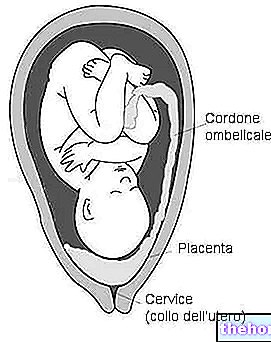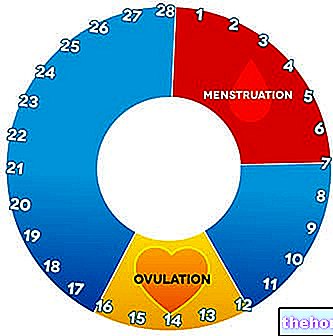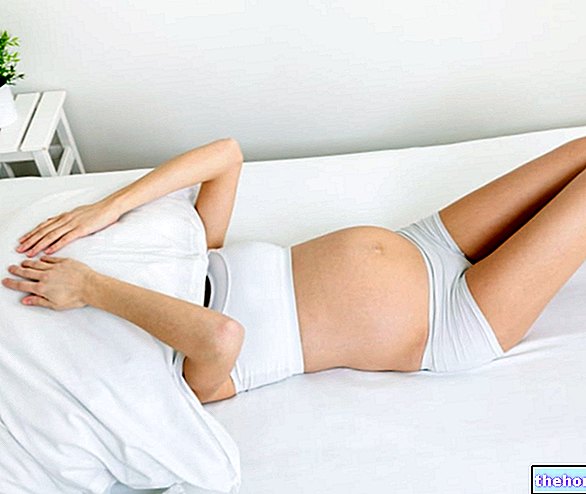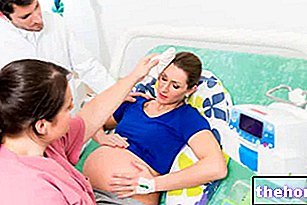
In some cases, however, the appearance of this symptom could indicate an underlying disease condition that has not yet been diagnosed. For this reason, diarrhea in pregnancy should never be underestimated.
).In any case, in order to be able to talk about a real diarrhea in pregnancy, it is necessary that the consistency of the stool is semi-liquid or liquid and that at least three discharges occur a day.
.- The alteration of hormone levels usually leads more commonly to the onset of constipation. However, although rarely, hormonal changes could also favor the onset of the opposite disorder, ie diarrhea in pregnancy.
Food Causes
During gestation, especially in the early periods, it is not uncommon for expectant mothers to make various changes in their diet, both on the advice of the gynecologist (see: Diet in Pregnancy), and to satisfy the so-called cravings. These dietary changes may not be well tolerated by the digestive system and may therefore favor the onset of diarrhea in pregnancy.
Furthermore, it is not uncommon that, during this particular period of life, expectant mothers can become hypersensitive to foods that, on the other hand, did not cause any type of disturbance before gestation. The appearance of this hypersensitivity could, therefore, give rise to diarrhea when these foods are eaten.
Infectious Diseases and Food Poisoning
Another common cause of diarrhea in pregnancy - as well as diarrhea in any other individual - is represented by infectious diseases and food poisoning.
Unfortunately, the contraction of infections and food poisoning can be much more dangerous during gestation, due to the possible negative effects on the fetus or the pregnant woman. For this reason, it is good to observe adequate hygiene rules and take appropriate precautions (for more information, see: Infections in Pregnancy).
In any case, among the pathogens that can give rise to infections (even very serious) characterized by diarrhea during pregnancy, we remember:
- Viruses responsible for the so-called intestinal influences (among which we find the so-called rotaviruses);
- Bacteria belonging to the genus Shigella;
- Bacteria belonging to the genus Salmonella;
- Staphylococci;
- Escherichia coli;
- Entamoeba histolytica (it is a parasite capable of causing a very serious maternal infection during pregnancy, especially when diagnosed late. It is characterized by the appearance of bloody diarrhea, anemia and fever. In severe cases, cardiovascular collapse can occur. ).
Pre-existing pathologies
If the future mother suffers from pathologies affecting the intestine even before the beginning of pregnancy, the same gestation can contribute to accentuate the symptoms, also favoring the onset of diarrhea. Among the aforementioned pathologies, we remember the irritable bowel syndrome and Crohn's disease.
Other Causes
Diarrhea in pregnancy could also be a side effect deriving from an "eventual iron supplementation (for more information, see: Iron in Pregnancy). In such a situation, it is advisable to contact the gynecologist who will evaluate how best to proceed.









.jpg)


















